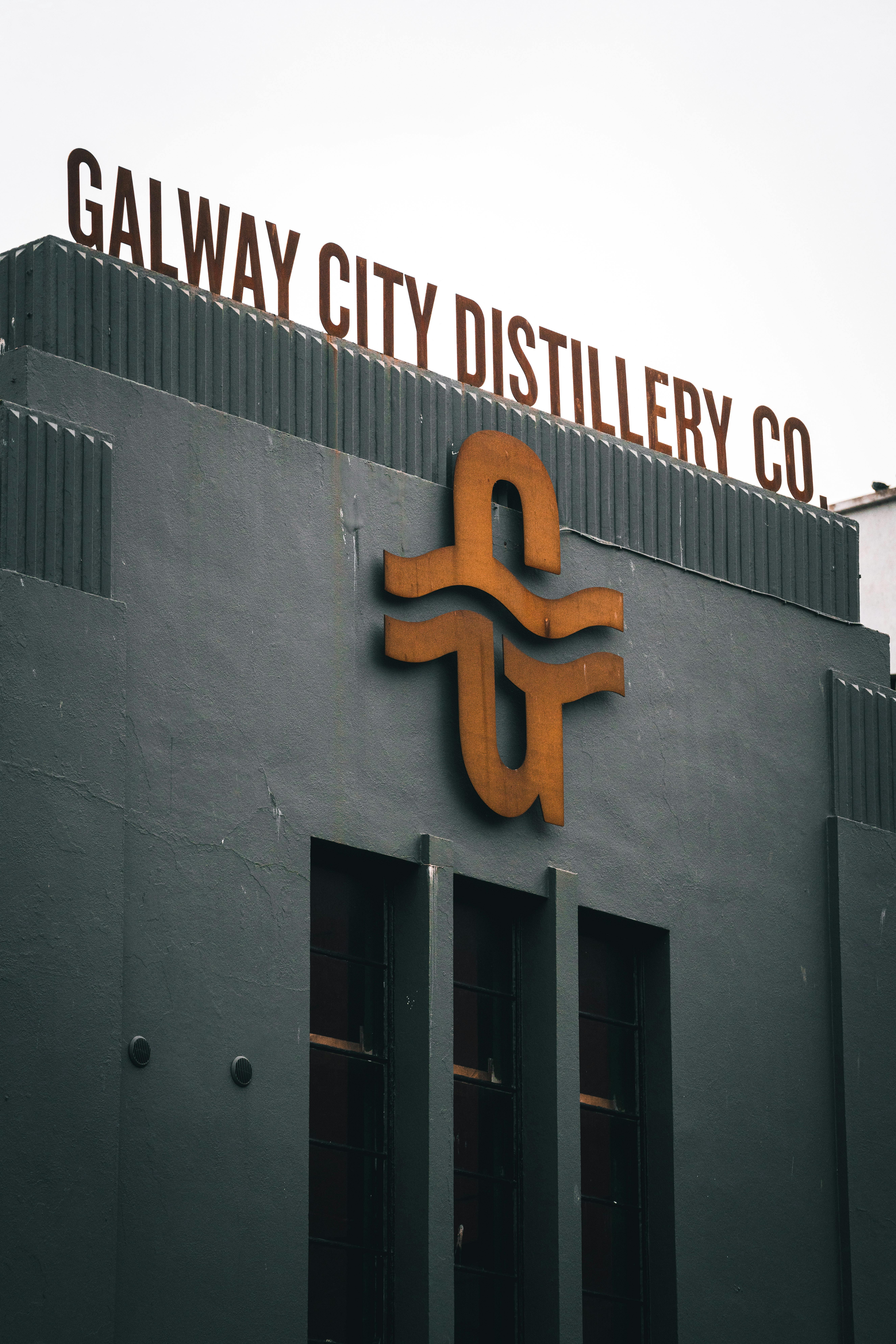Top 5 Effective Solutions for Muscle Growth Without Alcohol in 2025
In the pursuit of fitness and bodybuilding, alcohol consumption often emerges as a common obstacle to achieving optimal muscle growth. In 2025, understanding the impact of alcohol on muscle development is crucial, as it can hinder recovery, interfere with nutrient absorption, and impair training effectiveness. By focusing on nutrient-rich diets and smart fitness strategies, individuals can cultivate a robust training routine that promotes muscle hypertrophy without the detrimental effects of alcohol. This article will explore the best solutions for enhancing muscle growth while avoiding alcohol, providing practical insights and expert recommendations.
The benefits of prioritizing a fitness-oriented lifestyle that excludes alcohol are manifold, including better nutrient utilization, improved hydration, and enhanced recovery post-exercise. Moreover, those vying for specific fitness goals will find that shunning alcohol can lead to more consistent progress. In this guide, we will unveil five effective solutions designed to boost muscle growth. These strategies will empower fitness enthusiasts to reach their potential optimally and healthily.
1. Prioritize High-Quality Protein Intake
Protein is the cornerstone of muscle growth and repair. Prioritizing high-quality protein sources is essential for those aiming to build muscle without the interference of alcohol. Incorporating proteins such as chicken, fish, legumes, and dairy products can significantly influence muscle protein synthesis. This is crucial especially in training regimens, where the body must repair and rebuild muscle fibers after workouts.
Understanding Protein Timing
To maximize muscle growth, focus on the timing of protein intake. Consuming protein-rich meals shortly after training can enhance recovery and muscle repair. Aim for at least 20 to 30 grams of protein within 30 minutes after your workout. Moreover, including protein in all meals, not just post-training, ensures a steady supply of amino acids for muscle recovery.
Utilizing Supplements for Extra Support
Supplements such as whey protein shakes can be beneficial, particularly during busy days or when whole food sources aren’t readily available. These shakes provide a convenient method to meet daily protein requirements, thereby supporting muscle hypertrophy even in the absence of alcohol. However, rely on whole foods as the primary source of nutrients for optimum health and results.
Incorporating Varied Protein Sources
Diversify your protein sources to benefit from different amino acid profiles. Including plant-based proteins like quinoa, chickpeas, and nuts alongside animal proteins can promote muscle repair and growth while also ensuring a balanced intake of nutrients. Additionally, the combination of proteins across meals can enhance the overall protein quality and effectiveness.
2. Optimize Nutrition with Essential Nutrients
Muscle growth is not solely reliant on protein; it also requires an array of other nutrients, including carbohydrates, fats, vitamins, and minerals. A balanced diet ensures your body is adequately fueled for intense training and muscle recovery, promoting superior performance and reducing the risk of injury.
Focus on Complex Carbohydrates
Incorporating complex carbohydrates into your diet provides the energy necessary for rigorous workout sessions. Foods such as brown rice, sweet potatoes, and oats not only supply energy but also assist in recovery. Post-workout, consuming simple carbohydrates alongside protein can replenish glycogen stores effectively.
Essential Fats for Hormone Regulation
Don’t overlook healthy fats, as they are vital for hormone production, including testosterone, which plays a significant role in muscle growth. Incorporating sources like avocados, olive oil, and fatty fish into your meals can contribute to efficient metabolic processes and overall well-being.
Micronutrients Matter
Micronutrients such as zinc, magnesium, and vitamins B and D are essential for various physiological processes. They play roles in energy production, immune function, and muscle repair. Include a variety of fruits and vegetables to ensure sufficient intake of these vital nutrients, contributing to muscle recovery and growth.

3. Tailored Training Programs
A personalized training program is essential for muscle growth. Focus on a combination of strength training and progressive overload to stimulate muscle fibers adequately. Ensure your training regimen complements your nutritional intake, providing a holistic approach to reach your fitness goals.
Balance Between Strength and Cardio
A common misconception is that cardio hinders muscle growth; however, when balanced appropriately, cardio can enhance endurance and overall fitness. Instead of omitting aerobic exercises, aim for moderate-intensity sessions that won’t compromise strength training goals. Consider high-intensity interval training (HIIT) for its effectiveness in building muscle while also improving cardiovascular health.
Progressive Overload for Growth
Implementing progressive overload—gradually increasing the weight, repetitions, or intensity of workouts—encourages muscles to adapt and grow. Incorporate variations in the routine every few weeks to challenge your body in new ways, stimulating further muscle development without the hindrance of alcohol consumption.
Focus on Recovery Phases
Recovery is as important as the training itself. Ensuring adequate rest days and sleep allows muscles to recover and grow. Implement active recovery days that might include light cardio or flexibility work to keep the body moving without stressing the muscles excessively.
4. Commit to Hydration
Hydration plays a pivotal role in muscle performance and recovery. Alcohol can lead to dehydration, impairing recovery and performance. Instead, cultivate a habit of drinking water consistently throughout the day to maintain optimal hydration levels.
Use Hydration Supplements Wisely
For those engaged in intense training, consider adding electrolyte supplements to your hydration strategy. These supplements can help restore the balance of electrolytes lost through sweat, ensuring optimal muscle function and reducing the likelihood of cramps.
Monitor Hydration Status
Use tools like hydration tracking apps or charts to gauge your fluid intake and ensure you’re meeting daily hydration goals. Factors such as workout intensity, duration, and temperature can greatly influence hydration needs. Adjust your fluid intake accordingly to support performance and recovery.

5. Embrace Alcohol Alternatives
Choosing to forgo alcohol can be challenging; however, there are plenty of non-alcoholic alternatives that cater to tasty cravings while supporting your fitness goals. Exploring these options can provide the satisfaction of social drinking without the pitfalls associated with alcohol.
Creative Mocktails and Sodas
Experiment with a variety of mocktail recipes that utilize natural ingredients such as fresh fruits, herbs, and sparkling water. These drinks can provide a refreshing alternative to traditional alcoholic beverages without the negative impacts on hydration and muscle growth.
Hydrating Sports Drinks
Opt for sports drinks that offer hydration and replenish electrolytes post-training. Choose options that contain low sugar and natural ingredients to support recovery and maintain energy levels without the adverse effects of alcohol.
Socializing Without Alcohol
Engaging in social events without alcohol can be accomplished by prioritizing activities that celebrate friendship and fun without the need for drinks. Consider joining fitness classes or outdoor activities where socialization and health intersect seamlessly.
Q&A Section on Muscle Growth and Alcohol
Does alcohol really hinder muscle growth?
Yes, alcohol consumption can interfere with muscle growth by impairing protein synthesis, disrupting sleep, and leading to dehydration, all of which can hinder recovery and performance.
How does protein timing affect my workouts?
Consuming protein soon after workouts can enhance recovery, promoting muscle repair and growth. Aim for protein-rich meals post-exercise for optimal results.
What should I drink instead of alcohol at social events?
Consider non-alcoholic beverages like sparkling water, herbal teas, or creative mocktails. These alternatives provide refreshment without the downsides of alcohol.
How important is hydration for muscle recovery?
Hydration is crucial as it supports nutrient transport and muscle function. Maintaining hydration before, during, and after workouts can significantly influence recovery rates.
Are there any supplements that can help muscle growth without alcohol?
Yes, supplements like protein powders, creatine, and branched-chain amino acids (BCAAs) can support muscle growth and recovery when used in conjunction with a balanced diet and training regimen.
